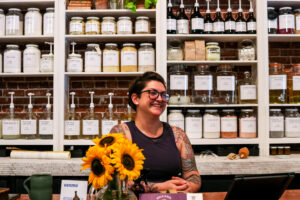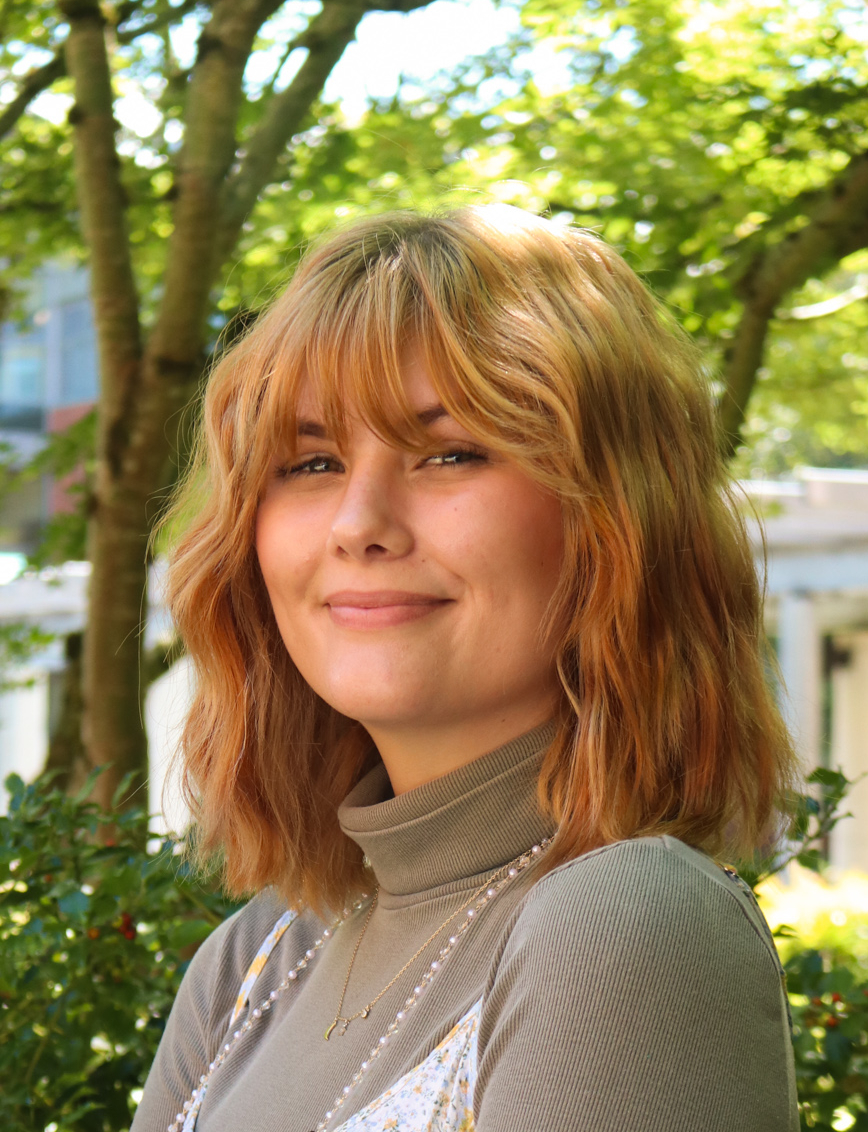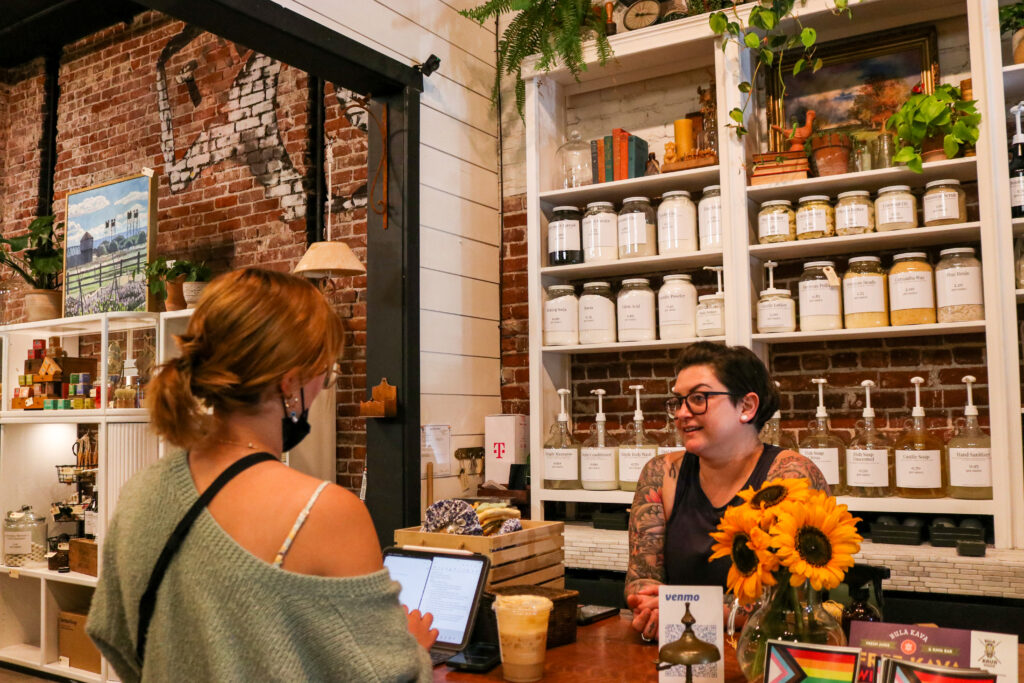Sustainable living is often viewed as an exclusive and expensive endeavor that leaves many feeling hopeless in their attempt to save the planet from a climate catastrophe. However, environmental friendliness does not have to be an abrupt and life-altering detox. Considering this, is it possible for university students to move toward a more convenient sustainable lifestyle without breaking the bank?
Alex Luna, owner of Kindred Homestead Supply, opened her downtown Vancouver store in 2020 with the intention of “rewriting the script” that sustainability is inaccessible by providing the public with helpful tools and knowledge.

“I always describe [Kindred Homestead Supply] as a low-waste lifestyle shop. I really want to make low-waste living easy, accessible, fun, beautiful and romantic, because it is all of those things,” Luna said.
Luna acknowledges the exclusivity portrayed by sustainability. Media examples of sustainable living promote the idea that a low-waste lifestyle requires starting from scratch, rather than using and buying things intentionally, according to Luna.
“Nobody, almost nobody can afford to throw everything away. And it’s truly wasteful. It’s really antithetical to the idea of zero waste and low waste living all together,” Luna said.
There are several low-cost or free alternatives that can promote practicing environmental consciousness. Some tips Luna provided include bringing containers to restaurants for leftovers, bringing reusable bags to the grocery store or using other recyclables, such as boxes. Offering free upcycled containers for use in their bulk section, Kindred Homestead Supply helps reduce single-use plastic containers for everyday items.
“Bulk inherently is really accessible because you can get as much or as little as you need. So if you have $5 to your name for the week, and you need a little bit of shampoo and conditioner and body wash to get you through, we can absolutely do that,” Luna said.
The WSU Vancouver community can also play a significant role in making sure sustainable practices are accessible to students. Kalie Morgan, a senior environmental science major, started WSU Vancouver’s Environmental Science Club to give students a place to learn more about environmental issues, and focus on promoting an on-campus community that is fully sustainable by advancing pre-existing infrastructure through environmental advocacy.
“Our goal, broadly, is to help. We decided to work on campus first and then spread out into the community to help in any small way we can by providing service on climate issues,” Morgan said. “Anything in the way of helping and spreading knowledge, getting people together to progress towards helping the environment.”

Leonard Swatosh, junior environmental science major and a member of the newly created Environmental Science Club, believes the club is a great resource for learning more about the global climate crisis and sustainability practices.
“[The club’s goals include] spreading awareness about the environment, because there’s a frightening amount of people who are ignorant towards issues regarding the environment. I feel like this club will be a good resource for people on campus,” Swatosh said. “Build a community to become sustainable. Try to do more eco-friendly things. Try to make your cities more walkable, more bikeable or have more bus stops.”
“Build a community to become sustainable. Try to do more eco-friendly things. Try to make your cities more walkable, more bikeable or have more bus stops.” – Leonard Swatosh
Although students can get involved directly with the Environmental Science Club, there are also several resources off-campus that can provide additional resources for sustainable living. As Luna said, Kindred Homestead Supply is an excellent business to utilize when navigating each facet of sustainable living; for those who are interested, the shop owner encourages prospective customers to stop by and learn about composting, mending clothing and other environmental-friendly practices. Other local organizations such as the Vancouver Free Fridge, Waste Busters and Bike Clark County also work to make sustainable living easier through increasing food access, limiting waste and creating ethical transportation opportunities.

Bethanie is a senior studying environmental and ecosystem science at WSU Vancouver.
